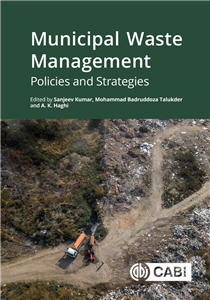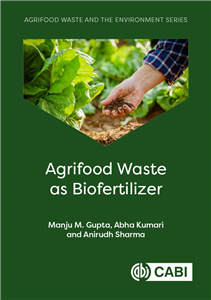A Development Perspective
The book addresses and documents farmers' risks in developing and emerging economies. It draws lessons from experimental economics on measuring risk preferences, attitudes, gender differences in managing risks, and risk management strategies in countries across Africa and Asia. It argues policy makers, especially in emerging economies, need a better understanding of farmers' attitudes toward risk and choices of risk management strategies when designing policies to support production agriculture. The book includes chapters on three themes: understanding risk attitudes and preferences; using experimental economics to measure risk, preferences, and risk management strategies; and understanding climate change, risk, and risk management. The book critically examines the currently held beliefs about risk preference, attitudes, and empirical estimation of risk management strategies, emphasizing developing and emerging economies (DEE). "The agricultural development space is an inherently risky one and this welcome collection belatedly helps to plug an important hole." Jock R. Anderson, Emeritus Professor of Agricultural Economics, University of New England, Armidale, Australia "Over time, agricultural production practices have evolved, as have the markets and value chains for food and agricultural products. A constant consideration, however, and one that continues to define agriculture worldwide, is risk. The risks that impinge on agriculture come in all shapes and sizes. Of course, production risks are ubiquitous. But so are market risks. And the same is true for macroeconomic and financial risks and the risks associated with an evolving climate. This book will be a valuable, comprehensive resource for any applied economist desiring to understand the risk management principles relevant to modern food and agricultural systems." Matthew Holt, Prof. and head of the Department of Agricultural and Applied Economics, Virginia Tech University, Blacksburg, VA, USA.




































